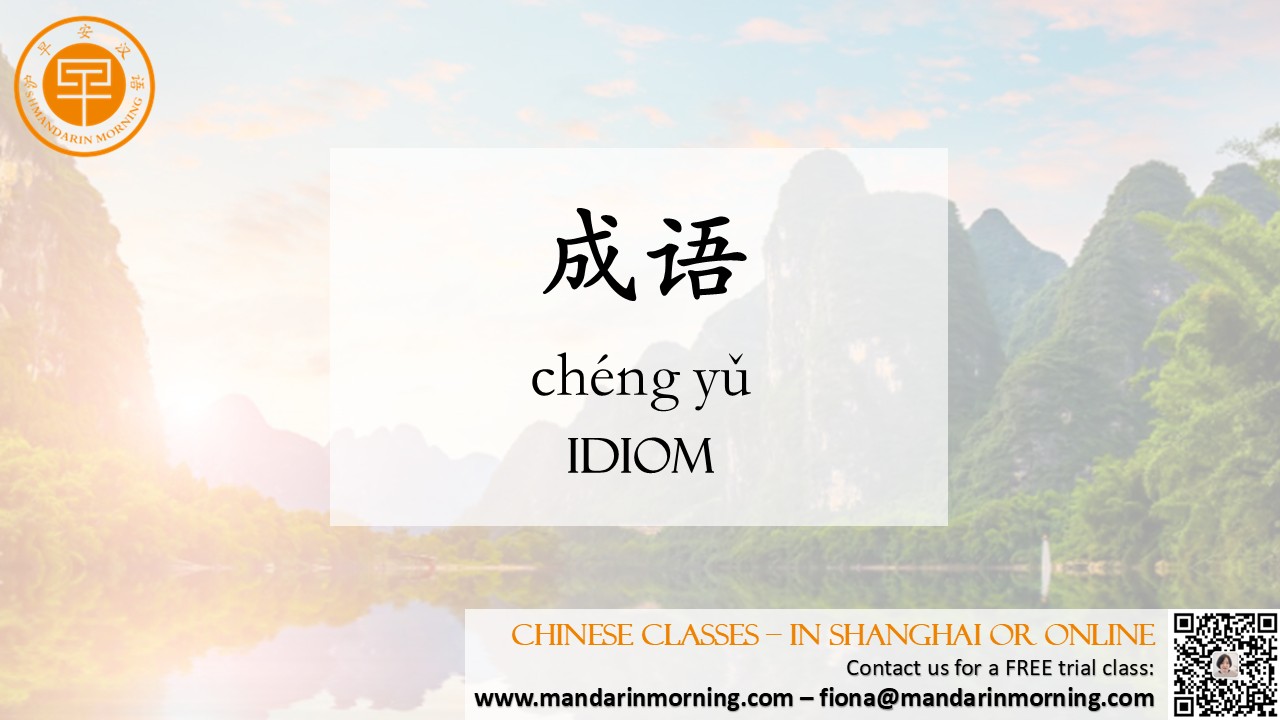| Have you ever listened to a fluent Chinese speaker and heard a concise, four-character phrase that seemed to pack a world of meaning? You were likely hearing a 成语 (chéngyǔ) – a traditional Chinese idiom. These are not just vocabulary words; they are gems of the language, steeped in history and wisdom. For any student learning Chinese, understanding 成语 (chéngyǔ) is a key step towards true fluency and cultural appreciation.  So, what exactly is a 成语 (chéngyǔ)? Most are composed of just four characters, but they tell a much larger story. They often derive from ancient myths, historical events, or classical literature. Using a 成语 (chéngyǔ) is like referencing a famous quote or a fable in a single, elegant breath. It shows a deeper grasp of the language beyond simple daily communication. Let's look at a famous example: 画龙点睛 (huà lóng diǎn jīng). Literally, it means "to paint a dragon and dot the eyes." The story goes that a talented painter drew a magnificent dragon on a temple wall but left the eyes unpainted. When he finally added the dots for the pupils, the dragon miraculously came to life and flew away! Today, this 成语 (chéngyǔ) is used to describe that one crucial touch that brings a work of art or a speech to life—the "finishing touch" that makes it perfect. Why should you bother learning them? First, they are incredibly efficient. A single 成语 (chéngyǔ) can express a complex idea that might otherwise require a long sentence. Second, they are essential for reading newspapers, literature, and understanding formal speeches. Most importantly, they offer a beautiful window into Chinese 文化 (wénhuà) - culture and 思维方式 (sīwéi fāngshì) - way of thinking. Start with a few common ones. For instance, 入乡随俗 (rù xiāng suí sú) – "When you enter a village, follow the customs," is the Chinese equivalent of "When in Rome, do as the Romans do." It’s practical advice and a perfect 成语 (chéngyǔ) for any traveler or language learner. Learning 成语 (chéngyǔ) might seem 对牛弹琴 (duì niú tán qín) – "playing the lute to a cow," meaning to speak to the wrong audience. But with the right guidance, it becomes an exciting journey into the heart of the Chinese language. Don't be afraid to start slow and learn the stories behind the phrases. |